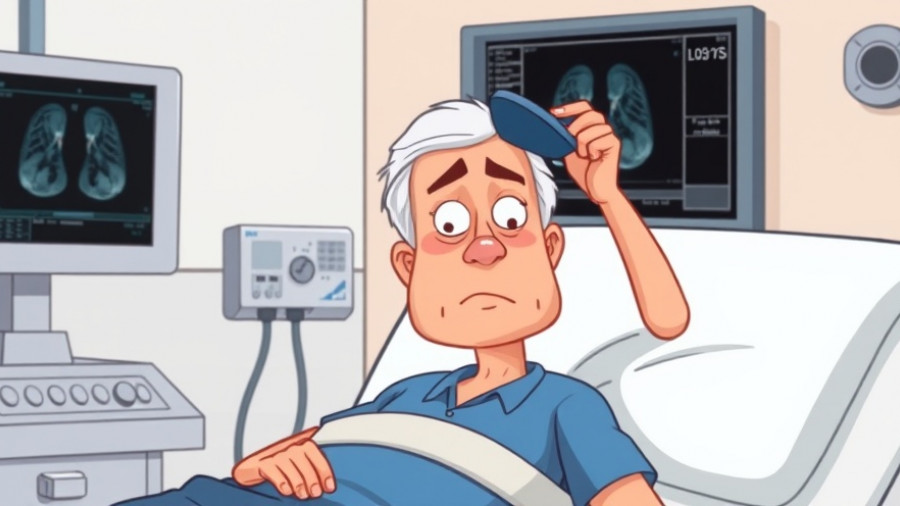
Understanding the Complex Landscape of Medication Access
When it comes to medication access, many families face barriers that can feel insurmountable. This complicated landscape can hinder a child's opportunity to receive necessary treatments for various health needs, including mental health conditions that may accompany substance abuse. Understanding these barriers not only shines a light on the issue but also emphasizes the importance of creating pathways toward effective access to medication.
Breaking Down Barriers for Families
Families are often confronted with limited options regarding prescription medications due to factors like insurance coverage, availability, and stigma surrounding mental health. This leads to a cycle where children do not receive adequate support, increasing their vulnerability to substance abuse in adolescence. Innovations in policy and medication accessibility can pave the way for healthier futures for our youth.
Why Medication Access Matters for Youth Substance Abuse
Medication is often an integral part of treatment for disorders such as ADHD, anxiety, and depression, which can interplay with substance abuse disorders. Without appropriate access to these medications, young people may struggle to manage their conditions effectively, potentially leading them to turn to drugs or alcohol as coping mechanisms. Understanding the significance of medication access is crucial for parents who are navigating these challenges.
Fostering Healthy Choices through Education
Education plays an invaluable role in preventing substance abuse and promoting healthy lifestyle choices. Parents equipped with knowledge about how to advocate for their children's medication needs will feel empowered to seek out the best possible treatments. Local resources, including addiction recovery workshops and educational outreach programs, can provide essential guidance and support.
Lessons from Recovery Programs
One area where medication access has been notably transformative is within recovery programs. Addiction recovery centers often employ medication-assisted treatment (MAT) to help individuals manage withdrawal symptoms and cravings. Observing how these recovery centers navigate medication access can provide valuable insights for families dealing with substance abuse in their homes.
Encouraging Open Communication
Creating an open dialogue within the family about medication needs and substance use can eliminate stigma and promote resilience. Families should encourage youngsters to express their feelings and concerns regarding medications and any related issues. Engaging in discussions about addiction counseling and the resources available, such as 12-step programs or group therapy, fosters an environment of understanding and support.
Actionable Steps for Parents
As a parent, you can take proactive steps toward supporting your child’s mental health and medication needs:
- Research local addiction recovery resources and healthcare providers who specialize in youth substance abuse.
- Stay informed on the latest approaches to treatment and recovery options, including medication-assisted treatment and behavioral therapy.
- Engage in family therapy sessions to build communication and strengthen bonds while addressing substance use issues.
- Create a support network with other parents who face similar challenges, encouraging shared experiences and guidance.
Support and Resources
Finally, it is essential for families to know they are not alone. Resources such as addiction treatment hotlines, family therapy options, and supportive peer groups like Alcoholics Anonymous and SMART Recovery are available to help guide families through tough times. Utilizing these resources can create a balanced and informed approach to managing addiction and mental health issues.
As you navigate the complexities of medication access for your child's health and wellness, remember that knowledge is power. By leveraging the right resources, incorporating prevention strategies, and keeping lines of communication open, you can help turn barriers into bridges toward a healthier future.
 Add Row
Add Row  Add
Add 




Write A Comment